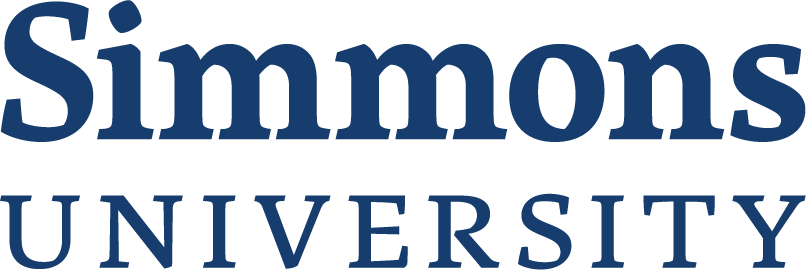Call for Papers: Semantic Web Journal
Posted May 2, 2018
Call for Papers (Semantic Web Journal): Special Issue on Knowledge Graphs: Construction, Management and QueryingURL: <http://www.semantic-web-journ
A Knowledge Graph (KG) is a graph-theoretic knowledge representation that (at its simplest) models entities and attribute values as nodes, and relationships and attributes as labeled, directed edges. Knowledge Graphs have emerged as a unifying technology in several areas of AI, including Natural Language Processing and Semantic Web, and for this reason, the scope of what constitutes a KG has continued to broaden. In industry, widespread adoption of schema.org, as well as the Google Knowledge Graph, is changing the way information is being produced and consumed by both humans and machine agents on the Web. Even before the term, “Knowledge Graph” was coined and was in use, the Semantic Web community was a strong advocate of many of the core elements that make KGs so powerful, including graph-theoretic data models (and more generally, semi-structured representations of both data and schema), powerful pattern matching querying languages, graph data management and the emergence and utilization of large publicly available KGs like DBpedia, GeoNames and Wikidata for such varied tasks as knowledge acquisition, information retrieval and knowledge alignment. With the renaissance of, and deep interest in, such technologies in the broader computer science community, we believe that the time is ripe for the Semantic Web to revisit Knowledge Graphs from the lens of construction, management and querying.
We welcome four main types of submissions: (i) full research papers, (ii) reports on tools and systems, (iii) application reports, and (iv) survey articles. The description of the submission types is posted at http://www.semantic-web-journa
Knowledge Graph Construction:
- Novel techniques and algorithms for information extraction, especially algorithms that adapt quickly to novel domains and can be applied to Web data
- Modeling structured sources in terms of a target KG ontology
- Instance-based or hybrid ontology mapping between the ontologies of two KGs
- Techniques for constructing multi-modal Knowledge Graphs from non-textual sources like video, images and other multimedia
- Crowdsourced techniques for constructing high-quality Knowledge Graphs
- Interactive techniques such as active learning, question answering and dialogs for rapid, high-quality human-in-the-loop KG construction
- Entity resolution techniques for Knowledge Graphs
- Machine Learning (including Probabilistic Logic) techniques for completing Knowledge Graphs by reasoning and doing link prediction over information extraction, entity resolution or ontology mapping outputs
Knowledge Graph Querying:
- Domain-specific search models over Knowledge Graphs, including for specialized applications like vertical search and enterprise search Information Retrieval models (including learning to rank models) for querying Knowledge Graphs
- Semantic query reformulation techniques to robustly query noisily constructed, or incomplete, Knowledge Graphs
Question Answering over Knowledge Graphs Knowledge Graph Management:
- Entity alignment and linking between diverse Knowledge Graphs
- Publishing, consumption, maintenance and evolution
- Personalised learning based on Knowledge Graphs
- Managing real time and historical data using Knowledge Graphs
- Security and privacy issues surrounding Knowledge Graph use and management
Applications:
- Applications that showcase the successful adoption of Knowledge Graphs in both research and industrial settings, with clear description of the role, impact and motivations behind using Knowledge Graphs.
- Development and utilization of Knowledge Graphs in specific industrial domains (e.g., media, government, financials, healthcare, life sciences, smart cities, cultural heritage, etc.) or as a horizontal technology, across application areas (e.g., business intelligence, analytics, search, content / knowledge management, information extraction, data integration, recommendation systems, etc.).
- Discussion of experiences, scalability and the measurable impact (quantitative and / or qualitative) of the added value created by using
- Knowledge Graphs in the respective domain. Best practises and concrete lessons learned from these experiences.
- Potential strategic applications, use cases and areas where further research and advances based on using Knowledge Graphs is required
Deadline
- Submission deadline: 15 June 2018. Papers submitted before the deadline will be reviewed upon receipt.
Submission Instructions
Submissions shall be made through the Semantic Web journal website at http://www.semantic-web-journal.net. Prospective authors must take notice of the submission guidelines posted at http://www.semantic-web-journal.net/authors.
Note that you need to request an account on the website for submitting a paper. When submitting, please indicate in the cover letter that it is for the Special Issue on Knowledge Graphs and the chosen submission type. All manuscripts will be reviewed based on the SWJ open and transparent review policy and will be made available online during the review process.
The guest editors can be reached at [email protected].
